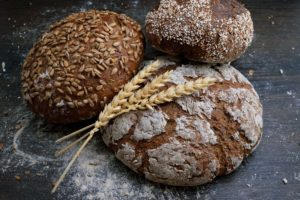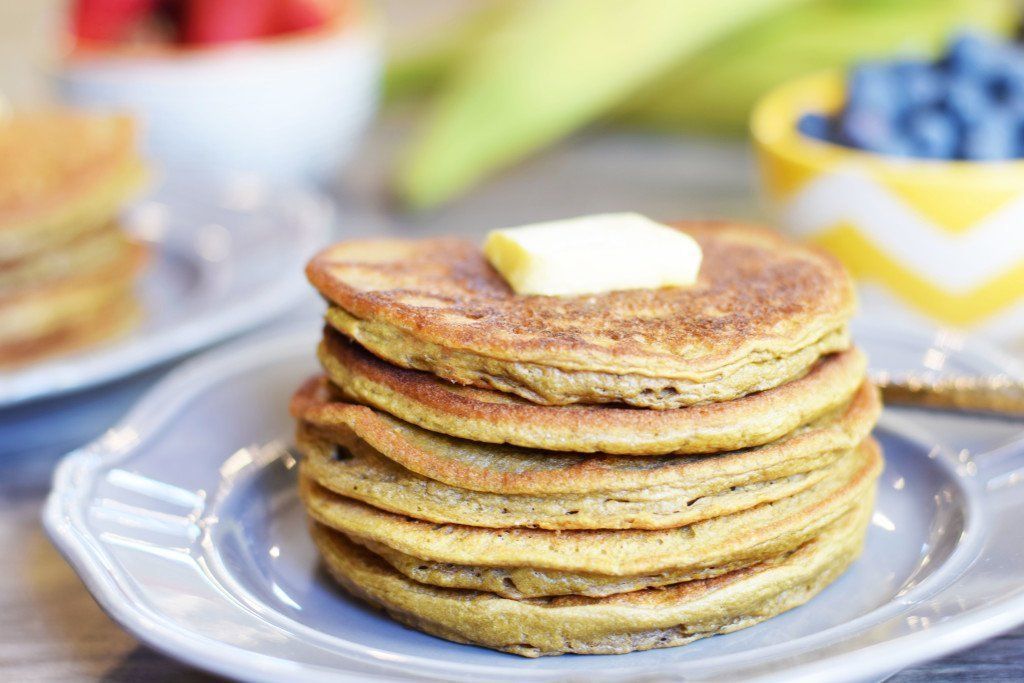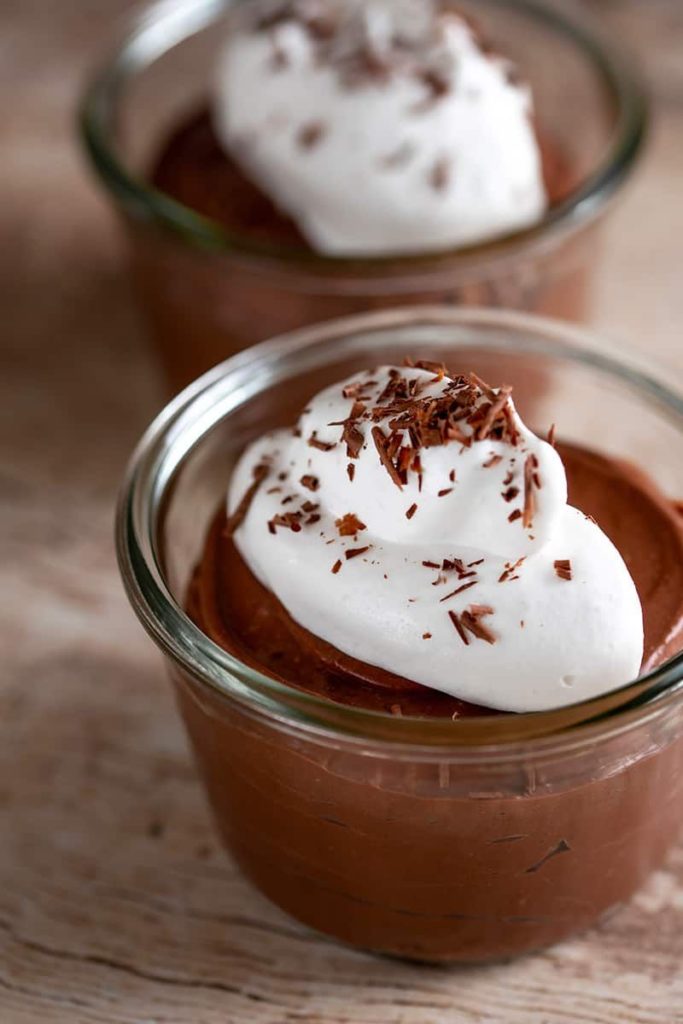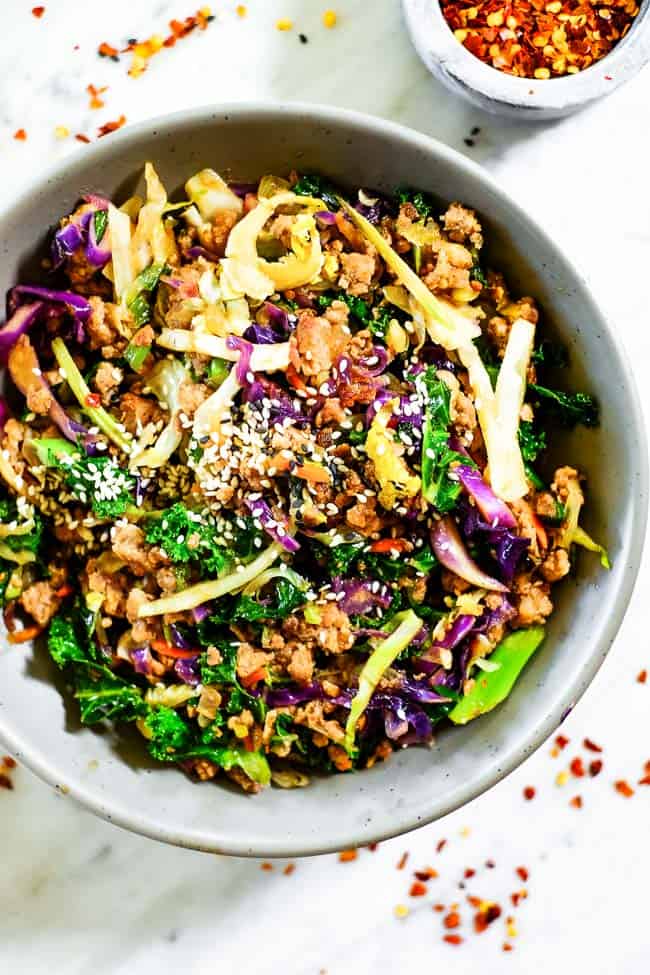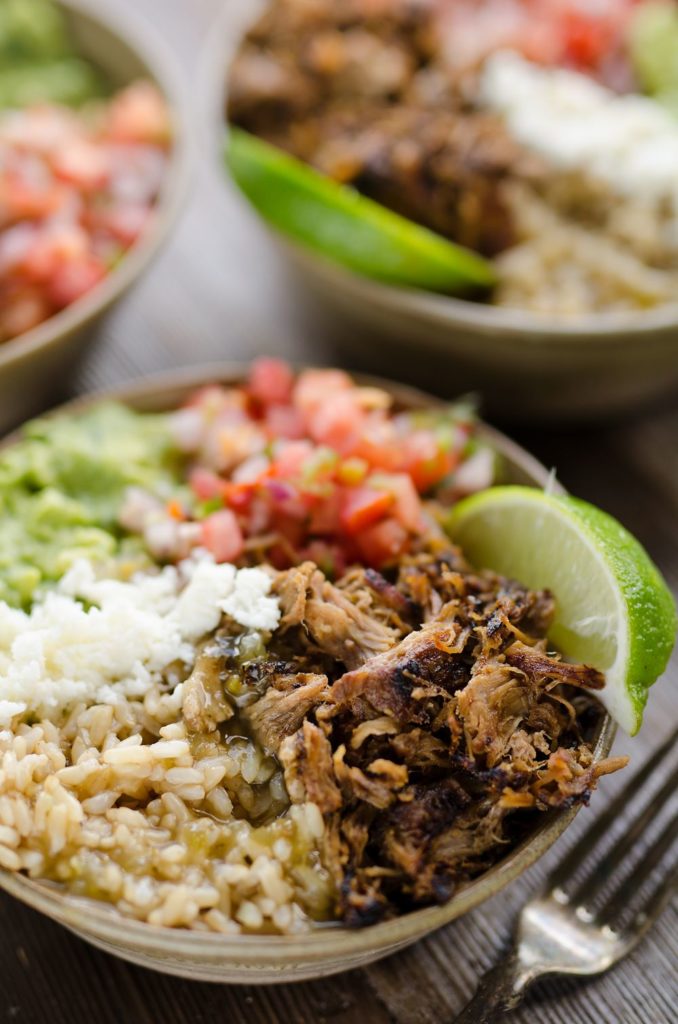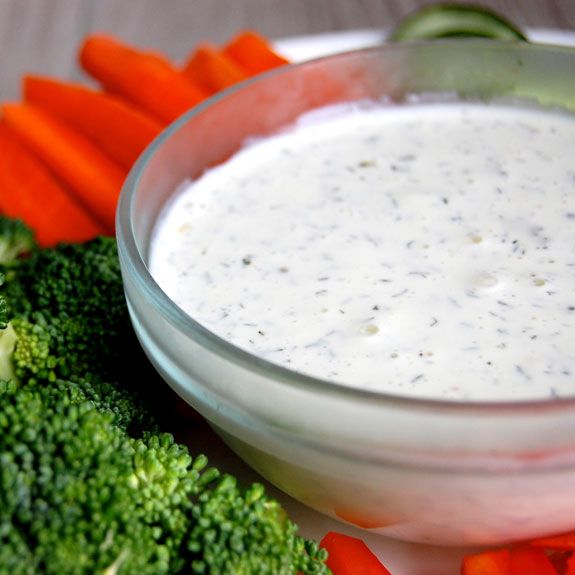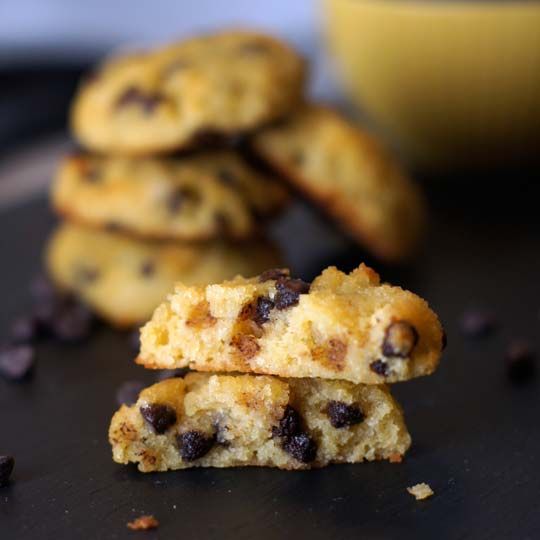
Fix Your Gut, Feel Your Best
The simple act of fixing your gut could reverse your chronic health issues and save you countless amounts of money over your lifetime.
How can fixing your gut have such a significant impact?
In this article, I’m going to explain the powerful connection our gut has with the rest of our body and what you can do to get yours back on track.
The Amazing Function of Our Guts
Our guts are responsible for much more than breaking down and digesting our food. For example, over 70% of our immune system lies within our guts.
How can this be?
One word: Bacteria.
Our guts are home to over 100,000,000,000,000 (100 trillion) microorganisms. (1) In fact, we have 10 times more bacteria in our gut than cells in our body. Yowza!
And these bacteria can have a profound impact on our overall health. In addition to being a central hub for our immune system, our gut flora: (2)
- Protects us from infection
- Influences blood sugar control (3)
- Produces essential vitamins
- Impacts the health of our brains, skin, bones, heart, hormones, and even our eyes (4, 5, 6, 7, 8)
Over 2,000 years ago Hippocrates said:
“All disease begins in the gut”
He wasn’t kidding. An unhealthy gut has been linked to diseases such as depression, autism, autoimmune diseases, inflammatory bowel disease, skin issues such as eczema, Alzheimer’s, and type 1 diabetes. (9, 10, 11)
How It All Goes Wrong
Many external factors influence our gut microbes. Some things we can control, and some we cannot.
The first factor out of our control is how we were born. Babies that are born through the vaginal canal tend to have a more diverse gut microbiome. This is from the exposure to the mother’s vaginal microbiome.
The second factor is is whether we were breastfed. Breastfed babies tend to have a more robust microbiome than bottle-fed babies.
Another big factor is antibiotic exposure. Even just one round of antibiotics can decrease the amount and diversity of healthy bacteria causing lasting changes on the gut microbiome. This is a big deal considering that the average child has had 20 rounds of antibiotics by the age of 17!
Don’t Worry, You’ve Got This
If you weren’t born vaginally, weren’t breastfed, and have taken antibiotics, there’s no need to panic. These factors may have had an impact on your health, but what you do going forward is the ticket to a healthy gut and happy body.
Also please remember that until recently this information wasn’t as readily available. We need to show ourselves and our parents some grace and realize that we did the best we could with the information we had.
Factors In Our Control
There are many factors in our current modern lifestyle that negatively affect our gut microbiome. These include:
- Processed/inflammatory foods such as industrial seed oils and refined carbohydrates. (12, 13)
- Food intolerances such as gluten, dairy, and grains to name a few (14).
- Chronic stress. (15)
- Bacteria, viral, and fungal gut infections. (16) Stool testing can be a valuable tool for detecting and correcting these types of infections.
- Circadian rhythm disruption including not enough sleep, abnormal sleep/wake cycles, and blue light exposure before bed.
- Other medications such as proton pump inhibitors, birth control pills, and NSAIDs.
Leaky Gut
All of the factors mentioned above not only affects our gut microbiome, but also contributes to leaky gut.
When our gut barrier becomes leaky (more permeable), large proteins and molecules that shouldn’t be outside of the gut are let through into the bloodstream.
When this happens, the body mounts an inflammatory response and thus begins the process of chronic inflammation.
Why is this so bad?
Chronic inflammation is the underlying cause of almost all chronic health issues.
This is why fixing and optimizing the gut should be a primary focus when treating any chronic health issue – even those that don’t seem to be directly related to the gut.
How to Heal Your Gut
Healing the gut is a process. The longer you’ve had issues, the longer it may take for your gut to get back on track. The important thing to remember is that you CAN heal your gut if you give it what it needs.
1. First you need to remove any inflammatory foods. This can be done by eliminating processed and packaged foods and focusing on a whole-food diet as much as possible.
I have almost all of my patients try a paleo type of diet for a minimum of 30 days.
This helps eliminate the most common food triggers and provides nutrient-dense food. Food intolerance testing is also available and can help guide the process.
2. Treat any gut infections. Bacterial, viral, and fungal overgrowth can be identified with stool testing.
3. Increase fermented foods. Fermented foods are loaded with healthy bacteria and can help heal the gut barrier. Unpasteurized sauerkraut, pickles, kimchi, yogurt, and kefir are good sources. Probiotics and prebiotics can also be helpful.
4. Get 7-9 hours of sleep each night. Be sure you’re waking up without an alarm. If you are, you need to be in bed earlier. Avoid blue light or use blue light blocker glasses 1-2 hours before bed.
5. Manage stress. Stress can negatively affect our gut microbiome. Be sure to do things throughout the day that bring you joy and take time to relax. Practice yoga or meditation daily – even if only for 5-10 minutes per day.
6. Move throughout the day. Getting the right amount of movement and exercise can have a beneficial impact on your gut microbiome.
7. Minimize antibiotic use. Antibiotics can be life-saving and are sometimes necessary.
By doing the suggestions listed above, you will be healing your gut AND improving your immune system thus further reducing the chance that you will need antibiotics in the future.

